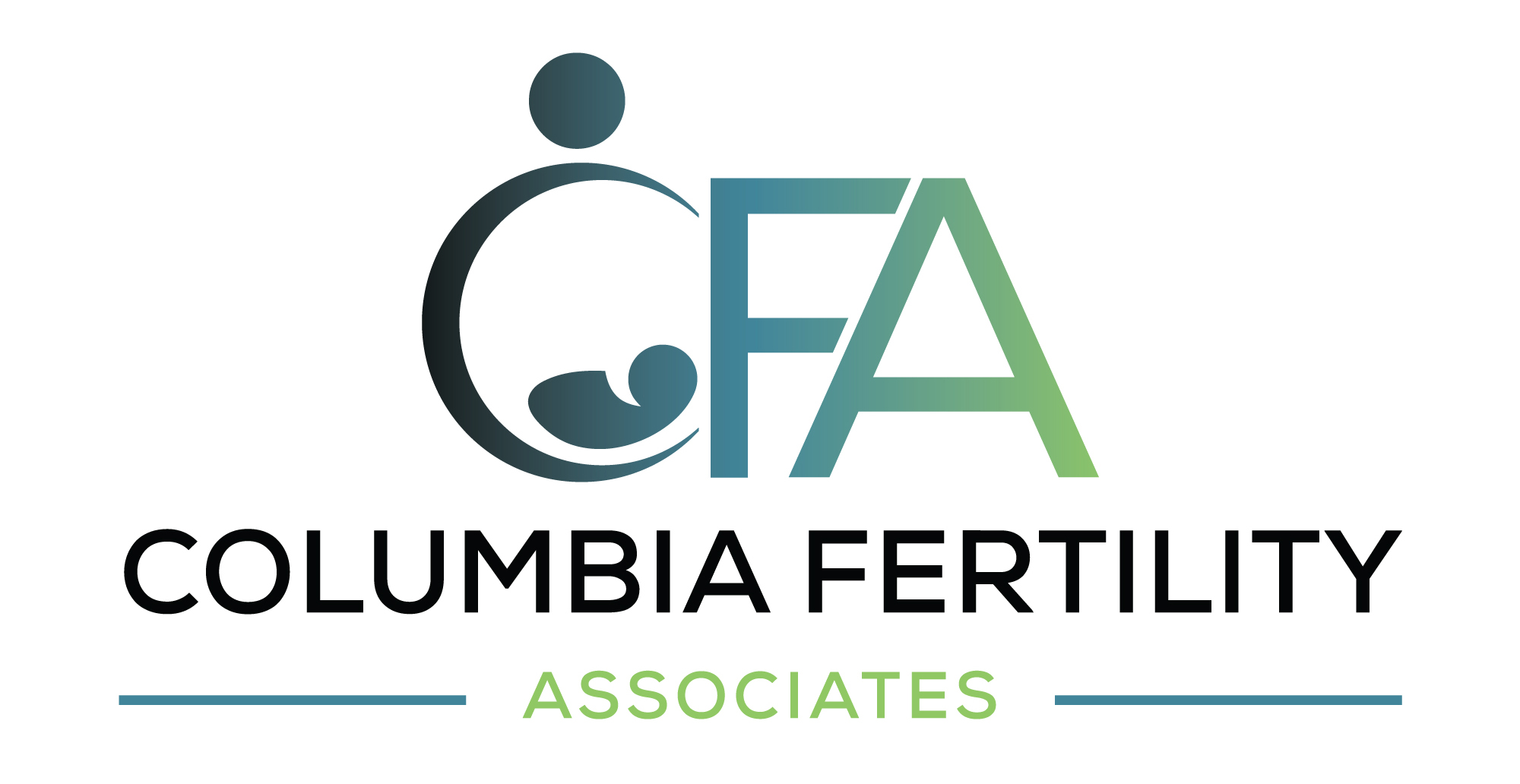Women who can’t get pregnant because they have too few eggs or other issues, such as poor egg quality or a genetic disease they don’t want to pass on to their offspring, may need to rely on donor eggs to conceive and carry a healthy child. Such women and their partners may have been trying for years to have a baby, including undergoing fertility treatments such as in vitro fertilization. In most cases, donor eggs dramatically increase the likelihood that they’ll be able to conceive.
You’re young and energetic, but aren’t ready to have a baby yet. You’ve heard that egg donors receive compensation for their time, and you’d like to help out a struggling couple.
However, not everyone who wants to donate eggs is a good candidate. To determine if egg donation is right for you, the fertility experts at Columbia Fertility Associates — located in Washington, DC, Bethesda, Maryland, and Arlington, Virginia — suggest asking yourself the following questions:
Are you between the ages of 19 and 32?
When you were a newborn, you had millions of eggs in your ovaries. But over time, the number of eggs diminishes. So does the quality of your eggs.
By the time you hit 30, you have 90% fewer eggs than you did when you were born. To increase the chances of retrieving sufficient numbers of healthy, viable eggs, we don’t accept egg donors over the age of 32. You must also be at least 19 years old to give consent and be considered for the program.
Are you at a healthy, stable weight?
When you’re overweight or obese, your hormones may become unbalanced, which affects your fertility. To be an egg donor, your body mass index (BMI) must be 30 or under. Your BMI measures the amount of fat you have relative to your total body mass. You can visit this online BMI calculator to find out your number.
Are your periods regular?
A regular, predictable, and normal menstrual cycle is a good indicator that your reproductive system is healthy. A normal cycle occurs every 21 to 35 days and lasts from two to seven days.
Are you free from STDs and other health issues?
You must be healthy to be an egg donor. As part of the screening process, you’ll be tested for sexually transmitted diseases (STDs) both before you enroll in the program and just before you receive the fertility drugs that stimulate your ovaries to produce extra eggs. If you test positive for any of the following STDs, you won’t be eligible to donate your eggs:
- HIV/AIDs
- Hepatitis B or C
- Chlamydia
- Syphilis
- Gonorrhea
You’ll also be asked about your personal medical history, family medical history, and any possible exposure to pathogens, such as the Zika virus.
Are you willing to undergo psychological screening?
To be sure you’re a candidate for egg donation and can follow through on the process, we administer basic psychological and emotional tests. Your doctor wants to ensure that you understand the commitment, are willing to follow through, and won’t experience regret.
Are you willing to take fertility drugs?
Normally, your ovaries only release one egg per month. If you become an egg donor, your doctors give you hormonal medications that stimulate your ovaries to produce multiple eggs during your next menstrual cycle. If you’re not comfortable with taking fertility drugs, you won’t qualify to be an egg donor.
Are you committed to the egg-donation process?
Donating your eggs takes at least one full menstrual cycle. After your ovaries have produced a sufficient number of eggs for donation, your doctor removes them with a simple outpatient surgery called transvaginal ultrasound aspiration.
You’ll receive local anesthesia to keep you comfortable during the procedure. Using ultrasound as a guide, your doctor inserts a needle through your vagina and cervix to remove the ripe eggs.
After egg donation, you’ll need to rest for three to four hours before going home. You may feel crampy for a few days afterward. Your doctor may also prescribe a course of antibiotics to reduce the risk of infection.
If you answered “yes” to all of the questions and want to learn more about donating your eggs, call us today or book an appointment online.








